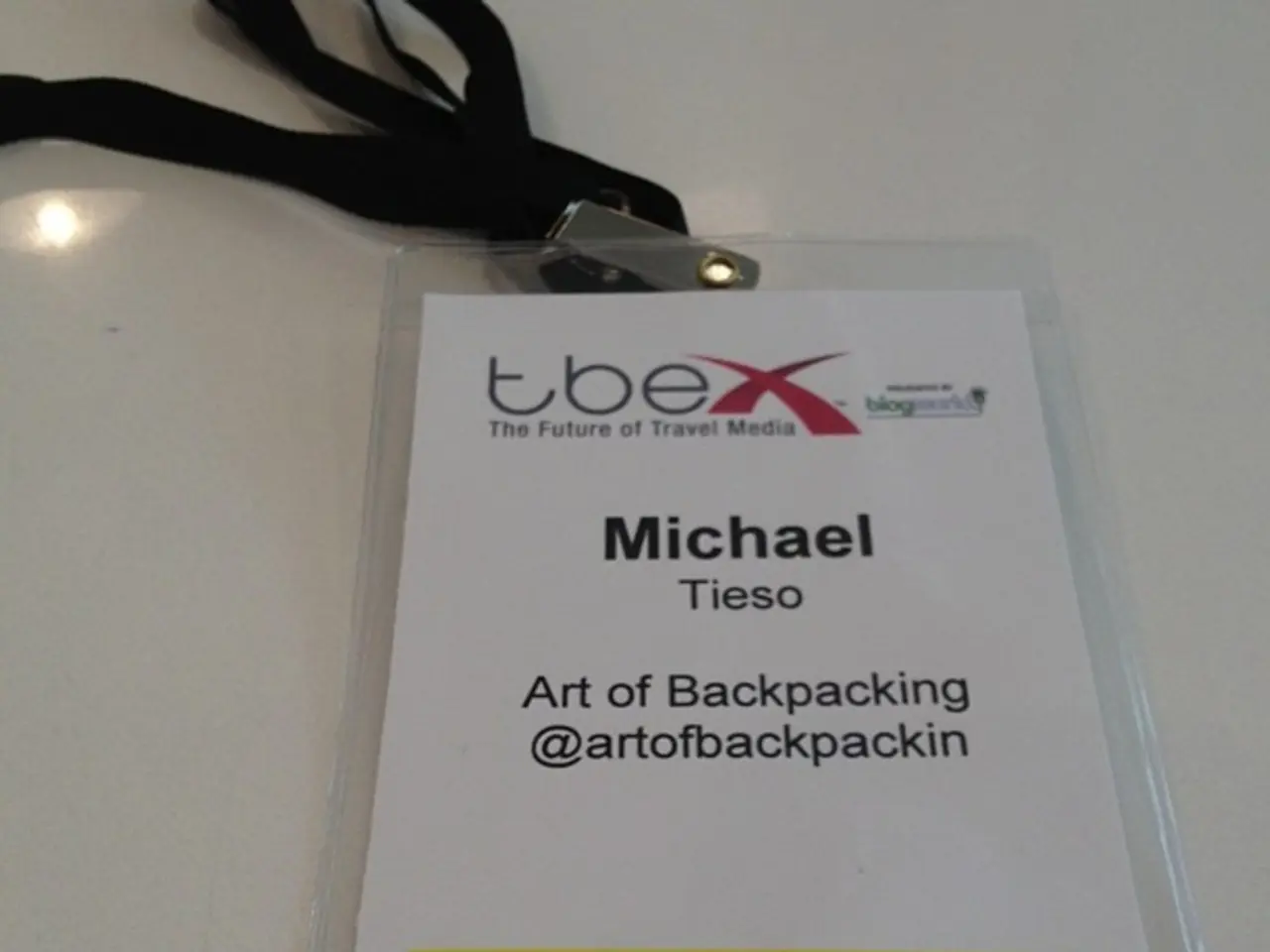'2025 Blueprint for Launching a Print-on-Demand Enterprise'
In the ever-evolving world of e-commerce, Print-on-Demand (POD) businesses are making waves, particularly in the apparel industry. This innovative approach allows creators and established companies alike to sell custom-designed products without the burden of inventory management or bulk ordering.
Starting a POD business in 2025 involves several steps: identifying a niche, developing quality products, taking photos for the store, establishing the store, marketing the brand, and scaling efficiently with a trusted B2B Clothing manufacturer.
Partnering with a B2B manufacturer offers significant benefits. Greater control and customization are achievable, as you can commission private label products tailored specifically to your brand, with unique branding, materials, or features that set you apart from competitors. This improves customer appeal and loyalty.
Higher quality assurance is another advantage. Manufacturer partnerships typically provide better control over product quality, leading to improved customer satisfaction and reduced returns or complaints.
Cost efficiency and profit margins are also improved. Although minimum order quantities (MOQs) and upfront investments might be required, the overall cost savings and brand exclusivity often outweigh initial costs.
Sustainability is increasingly important in 2025, and POD businesses are no exception. Partnering with forward-thinking manufacturers can help you implement eco-friendly printing and production methods, appealing to environmentally conscious consumers.
Modern manufacturers also embrace digital printing and personalization technologies, supporting short print runs, minimizing material waste, and enabling product personalization, a key consumer preference in 2025.
Establishing a relationship with manufacturers can streamline design and production processes, resulting in better brand presentation and customer experience. A good B2B manufacturer can serve as a growth partner, offering advice on product development, design tweaks, and logistics support.
B2B manufacturers offer a wider selection of finer fabrics, better stitching, and superior finishing options compared to generic POD platforms. They can accommodate small print runs or sample orders and easily transition to fulfilling bulk orders as business grows.
POD works by printing products only when a customer makes an order, avoiding upfront inventory costs. Working with a manufacturer, rather than a POD platform, offers better pricing, quality, and branding control when scaling a business.
Transitioning from using basic POD platforms to full manufacturing through a B2B partner allows greater control over pricing, production, and brand marketing and display. This is crucial for success in the evolving print and apparel market.
In 2025, POD is gaining popularity due to its low entry costs and flexibility, allowing for quick testing of new ideas without financial risk. Platforms like Shopify, Etsy, and WooCommerce can help launch an eCommerce site without extensive technical background.
Automating order management, tracking shipments, and notifying customers can help make running a POD business easier as it grows. Marketing a POD brand involves utilizing social media, engaging with niche communities, promoting designs in targeted advertising campaigns, working with influencers, and building an email list.
In summary, partnering with a B2B clothing manufacturer in 2025 empowers print on demand businesses to achieve customized, higher quality, cost-effective, and sustainable products with strong branding potential, all crucial for success in the evolving print and apparel market.
- To ensure customer satisfaction and reduce returns, partnering with a B2B manufacturer provides improved product quality control in POD businesses.
- Entrepreneurship in the POD business sector in 2025 involves establishing relationships with B2B manufacturers for access to diverse materials like finer fabrics, better stitching, and superior finishing options.
- Small-business owners can benefit from working with B2B manufacturers, as they offer tailored branding, personalization technologies, and logistics support, contributing to business growth.
- Partnering with forward-thinking manufacturers can help POD businesses embrace eco-friendly printing and production methods, enhancing their appeal to environmentally conscious consumers.




